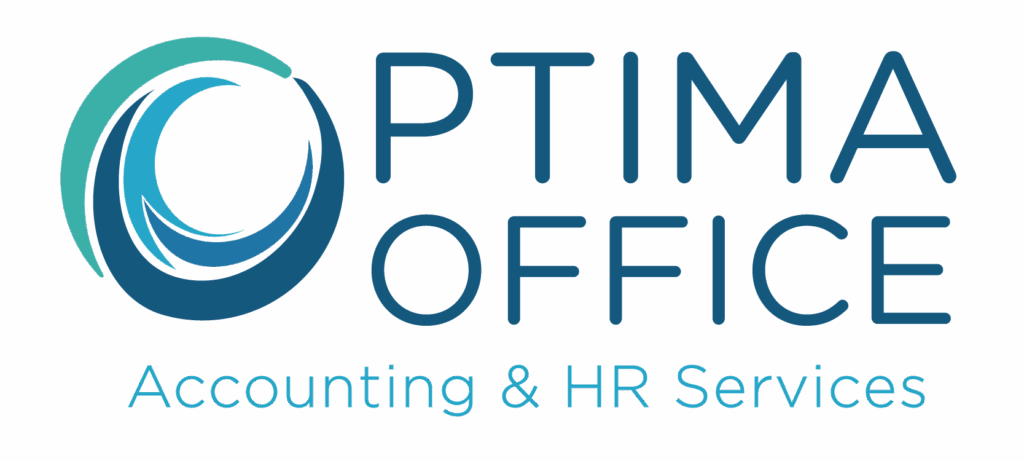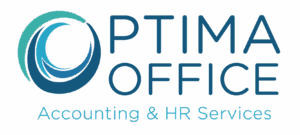1. What is HR compliance?
HR compliance is making sure that you are in compliance with not only the laws pertaining to HR but your own internal policies and procedures. In my opinion, this is the most important aspect of your HR department. You need an expert, someone who stays on top of the changes and interpretations of the different laws. If your organization cannot afford an experienced HR Manager or HR Director, then we recommend you utilize the service of a strong HR Consultant that can work with your internal team to help you when you have specific questions or there are interpretation concerns on new laws, etc.
2. What HR compliance tasks should businesses know about?
All of them, that is why it is important to either have a good HR team or hire a knowledgeable consultant. If I had to pinpoint the top 5 issues that companies miss they are:
- Required Federal and State Posters. You can usually purchase federal and state “all in one” posters. I look for up-to-date posters as one of the first things I check when asked to do an HR audit for a client.
- Has your business correctly classified employees as hourly or exempt or are they having all staff classified as 1099 contractors? That is another big issue and can cause the employer a lot of problems if workers are incorrectly classified.
- Outdated Handbooks. Employers are not required to have handbooks but if you chose to have one, please make sure it is up to date. I met with a client recently who was very proud of their 50-page handbook. It was 10 years old and they were continuing to follow outdated and now illegal policies all because they did not know that the laws had changed.
- Are you providing all new hires with all the required documents on their first and last day of employment?
- Final Paycheck Mistakes. I still find that employers don’t know that if an employee gives notice, they need to be paid on their last day. Also, if you terminate an employee, you have to pay them on their last day.
3. What challenges do small businesses face with HR compliance?
Let’s face it, when you are dealing with employees, there is no telling what might come up. Making sure that you are compliant with labor laws would be at the top. Treating employees fairly and consistently is a major business best practice. I would recommend having some sort of relationship with an HR consulting company and/or a subscription that will provide them updates with laws change etc. We had a recent client who had no idea about FFCRA leave despite it being in the news since April. They expose themselves in a lot of risk by not understanding employee and employer rights.
4. What can small businesses do to stay HR compliant?
Depending on the size of your company, you may not need a full-time HR team. If you are small, hiring a strong HR Generalist who has 5-8 years of overall experience who can help you navigate HR Compliance will be good enough. You want to find a person that can use their experience but most importantly they “know what they don’t know” and have resources to reach out to experts if they find themselves in a situation they can’t handle on their own. A business’s best bet… have a good HR team in place or work with a reputable HR consultant.
5. Please include anything else a small business owner should know about HR compliance.
There is so much to include here. If you don’t have an HR position in place or even if you do. I think the best use of your money would be to hire an HR Consultant who can come in for less than $1,200 conduct a comprehensive audit or assessment. We offer our clients, audits and then the client determines whether or not they want to make changes once the audit has been completed or they want to keep doing what they are doing. After all, we are consultants. It is up to the business whether or not they want to act on our recommendations. We want our clients to have the right knowledge to make informed decisions.
Call us if you need an audit or sound HR advice at 858.283.1234
Jilian Dimitt, SHRM, SPHR-SCP
HR Director
Optima Office
Jilian.Dimitt@optimaoffice.com




